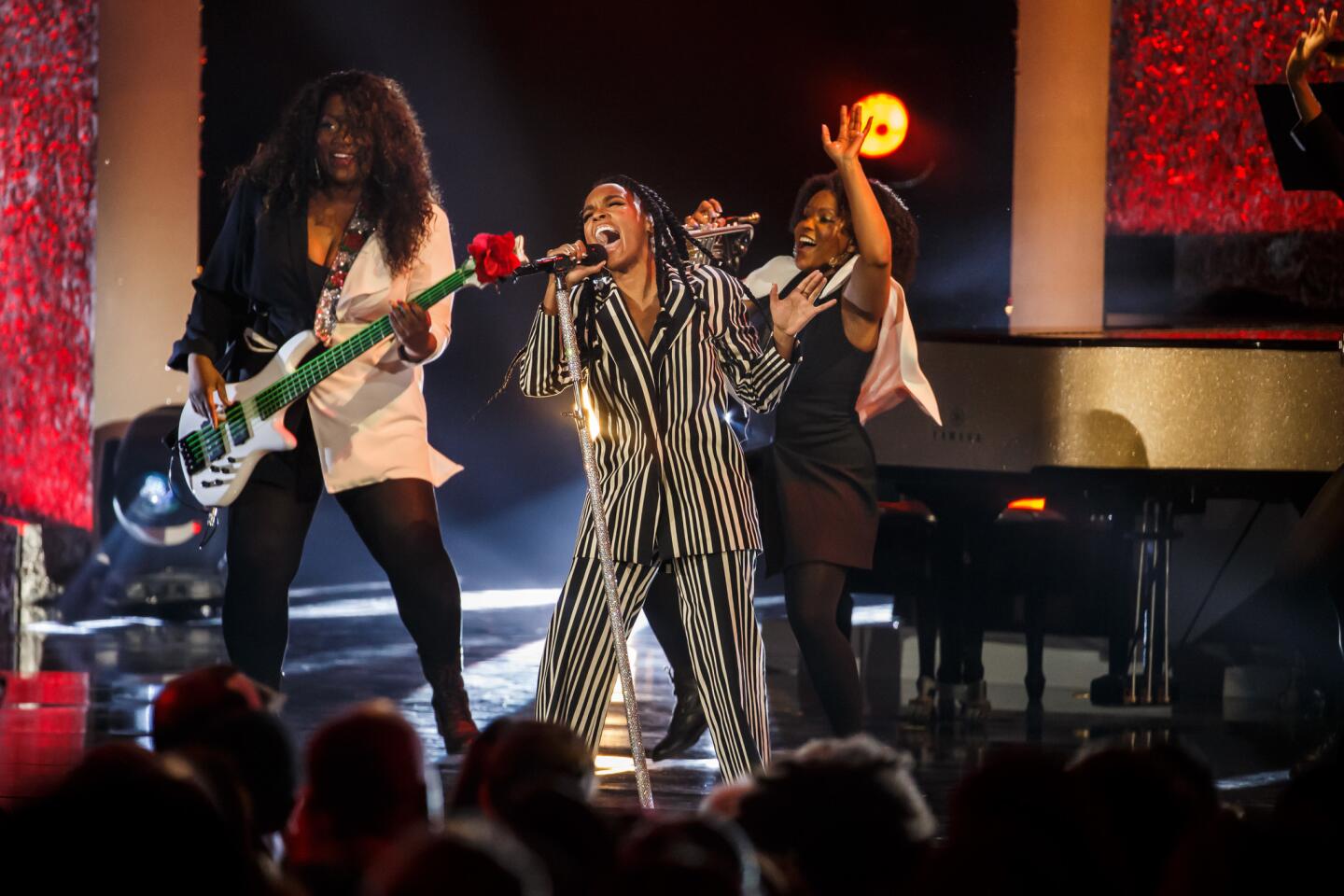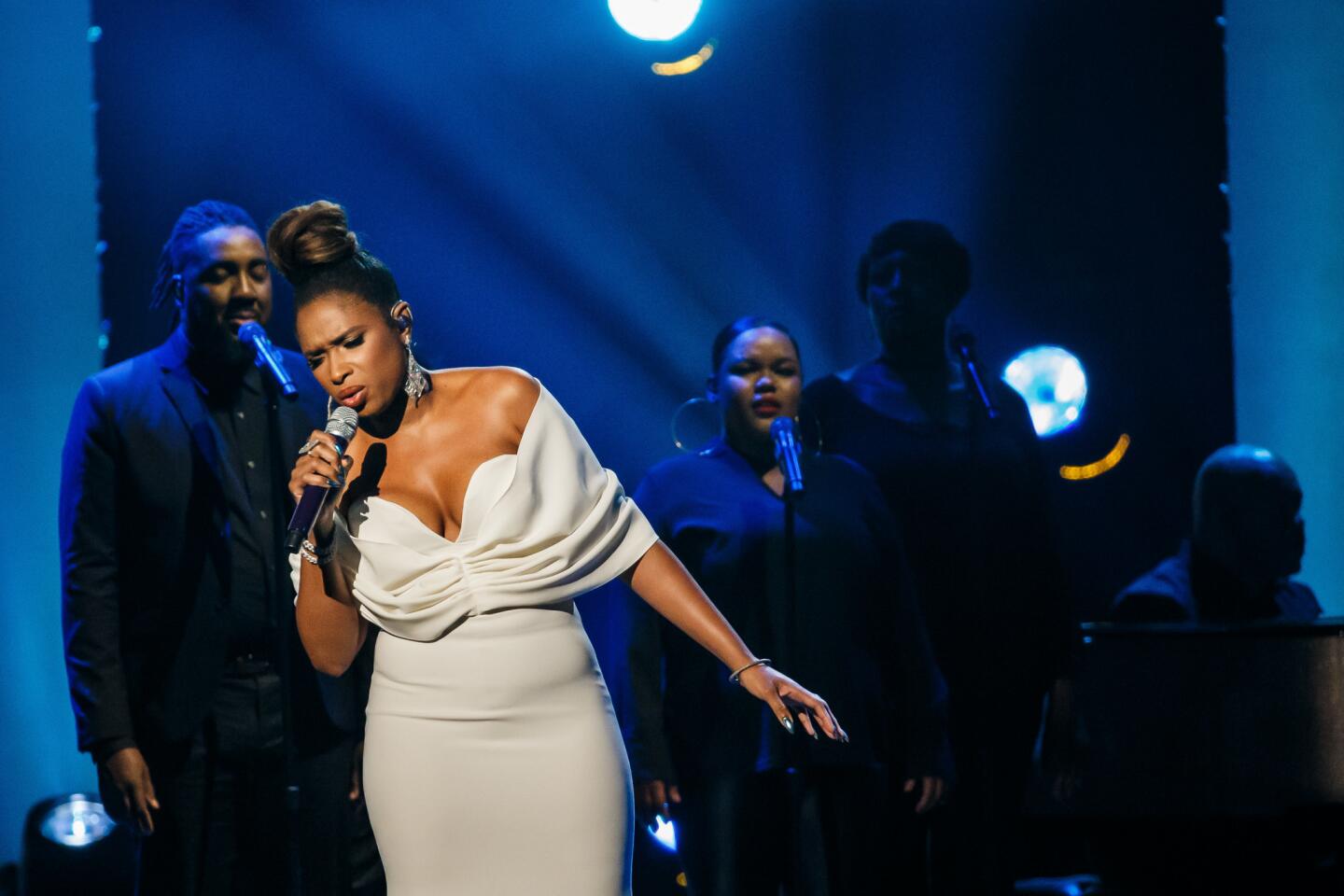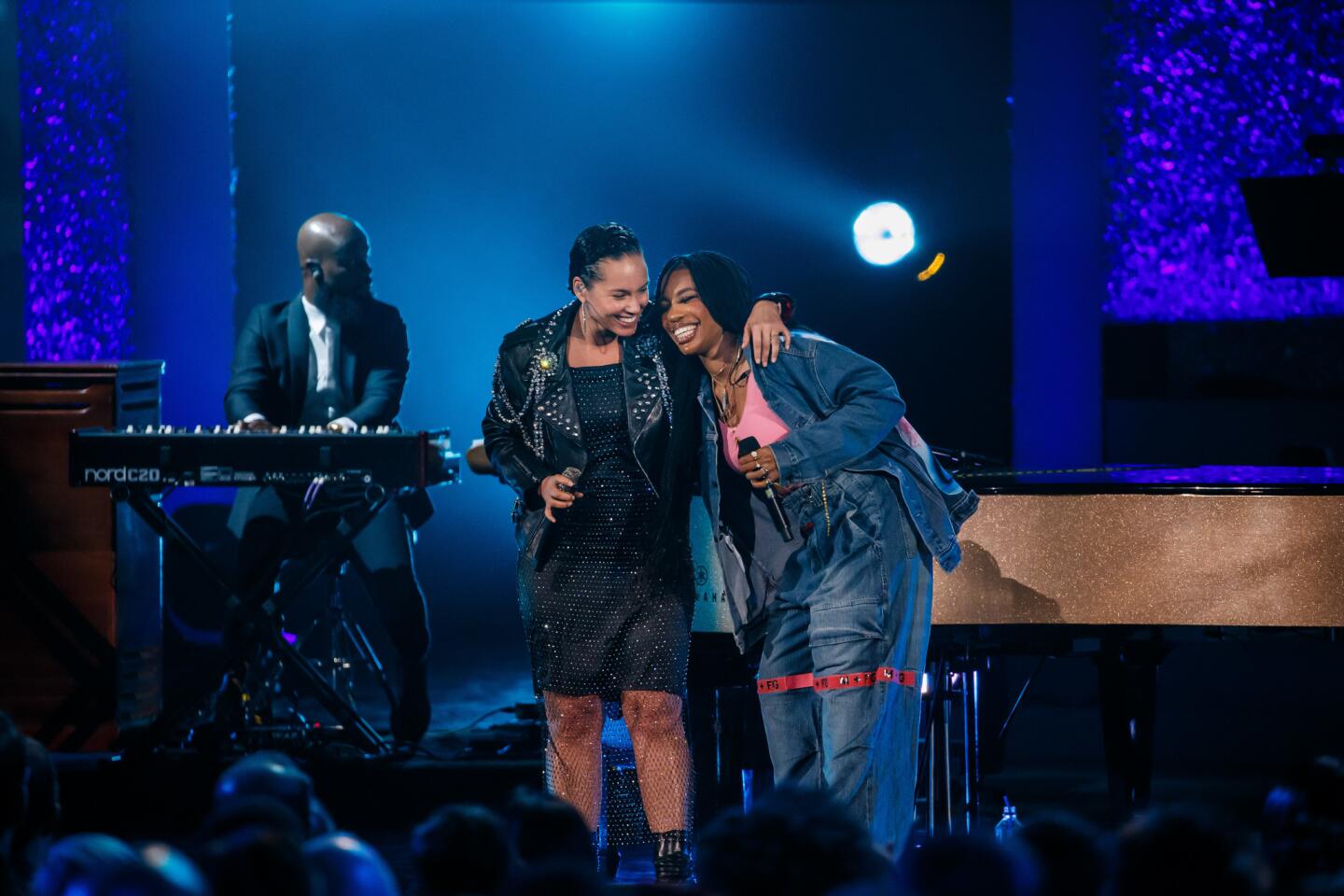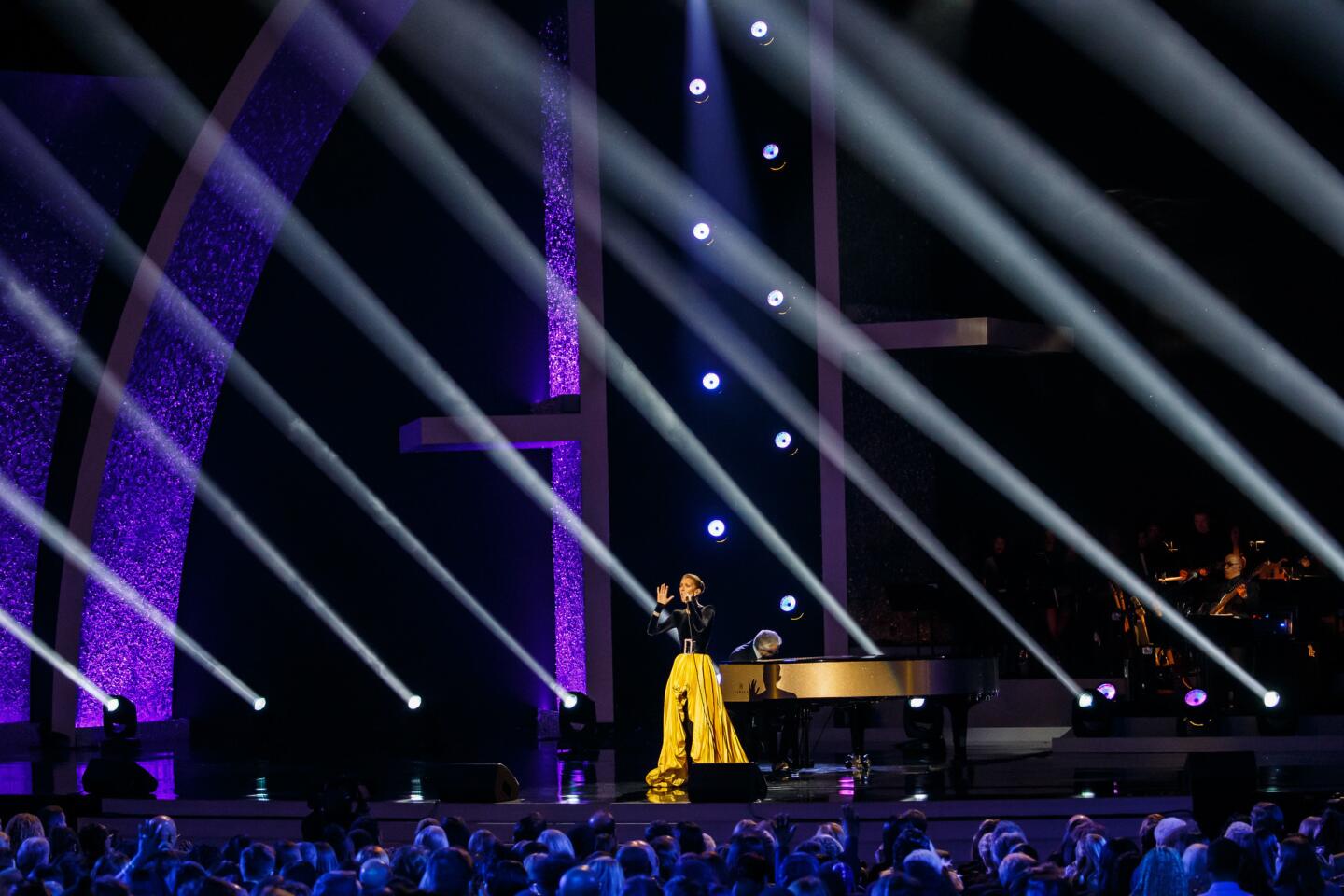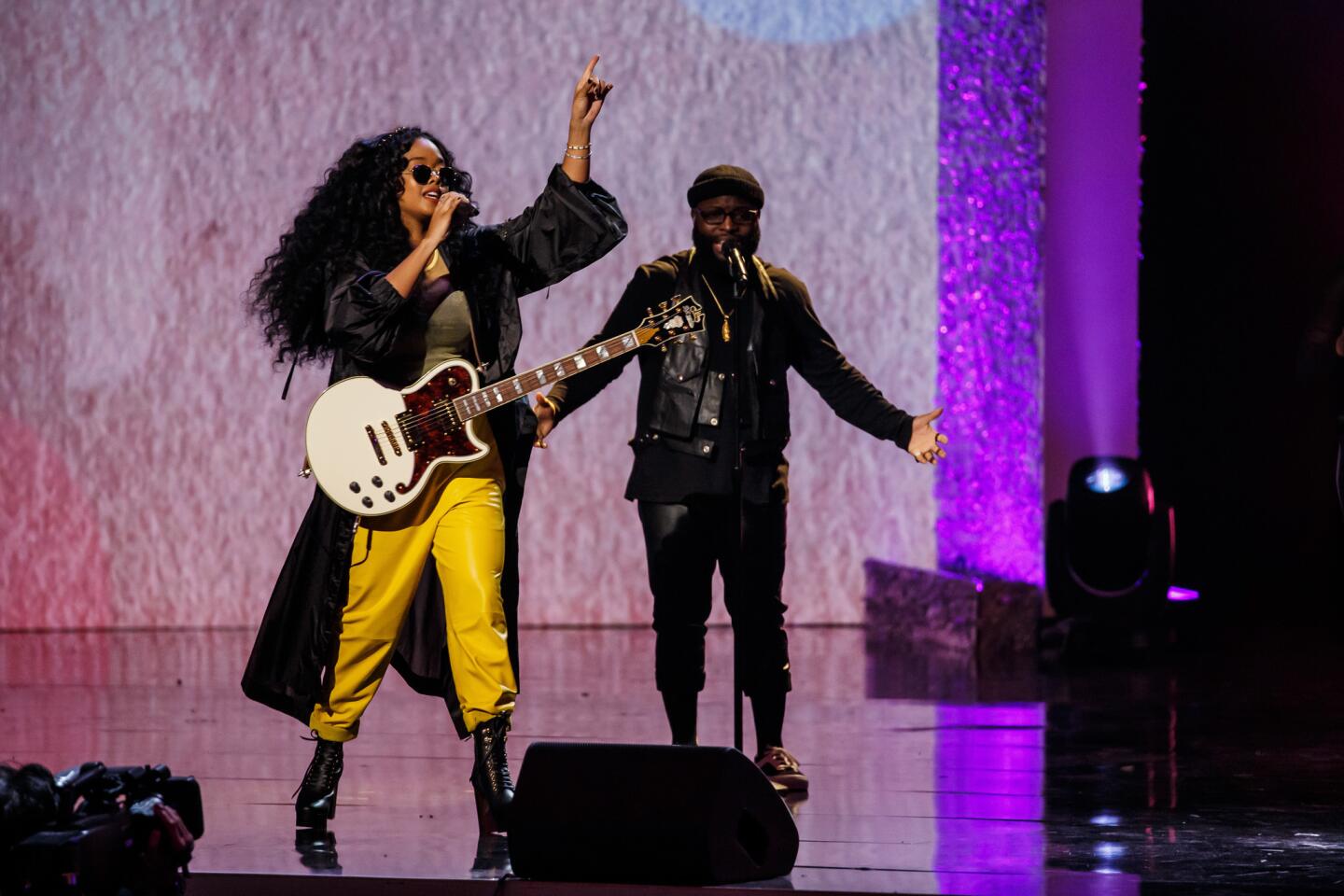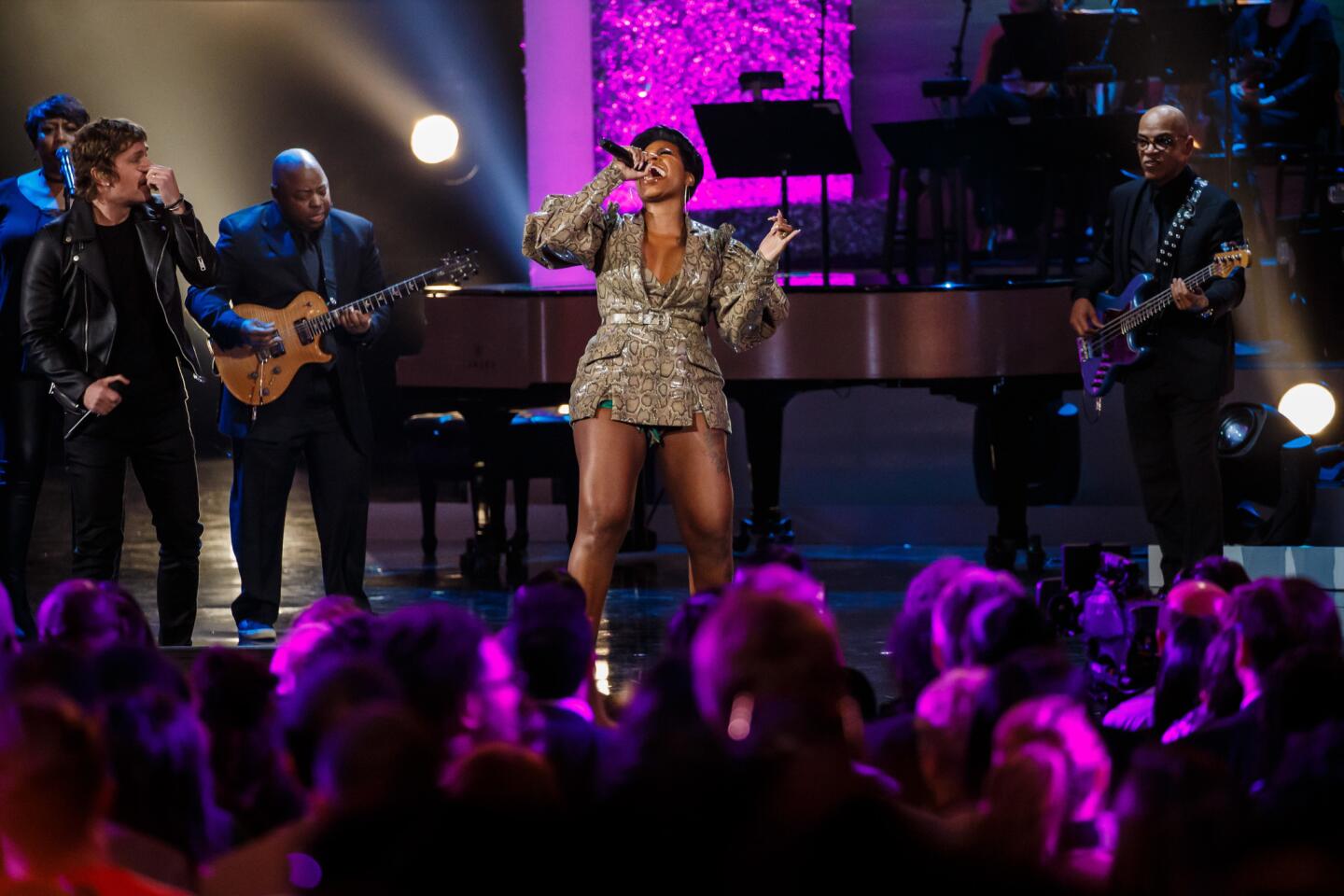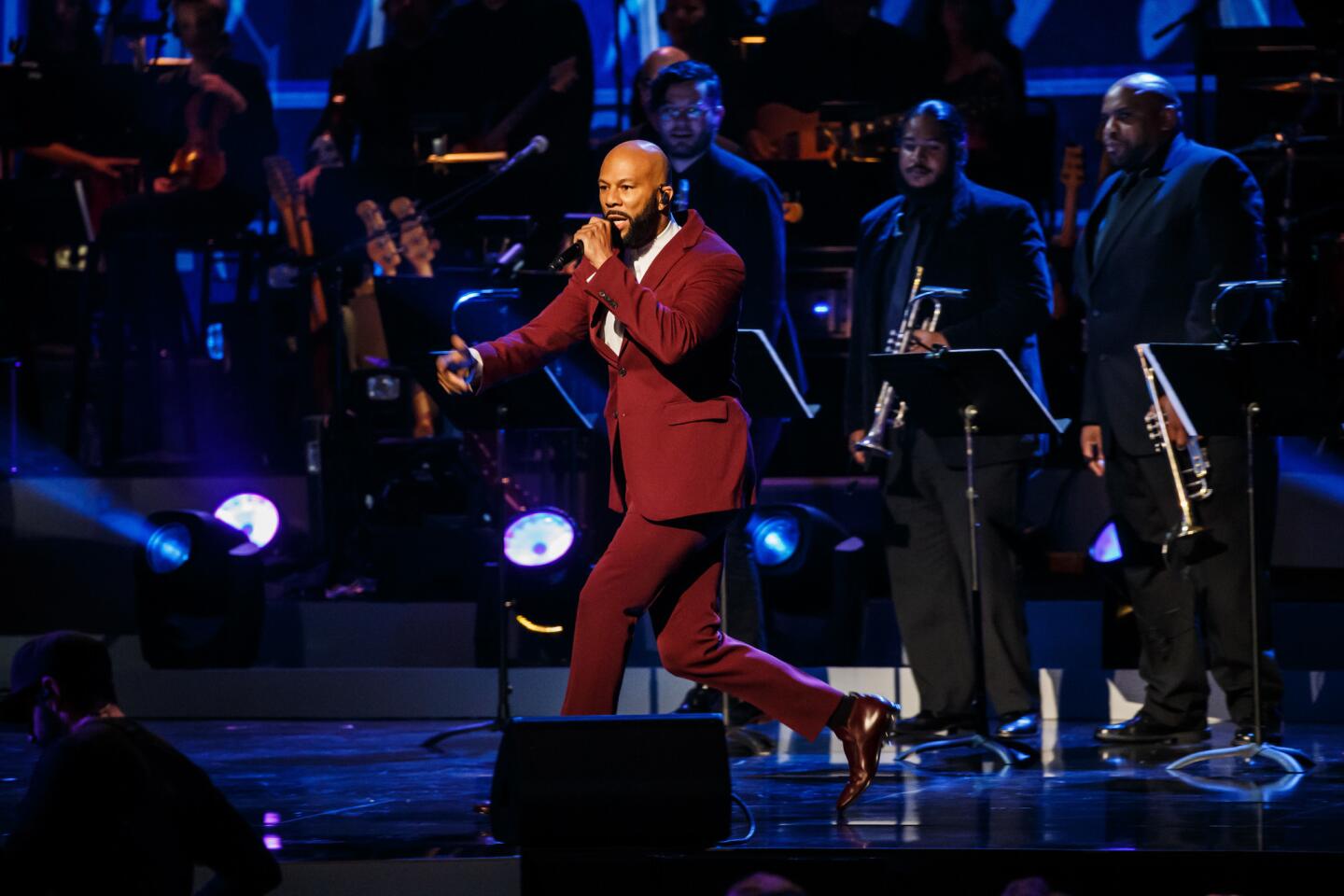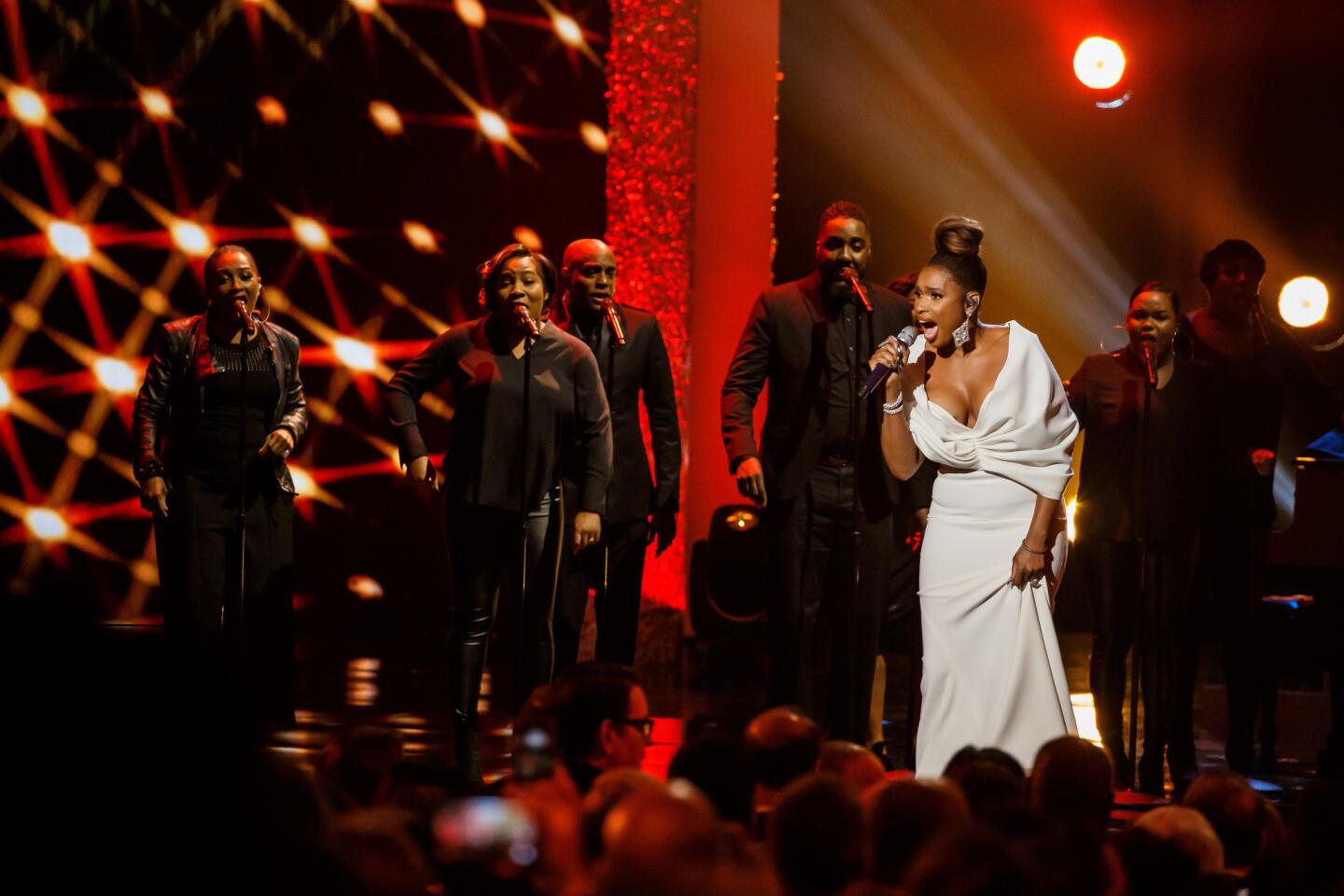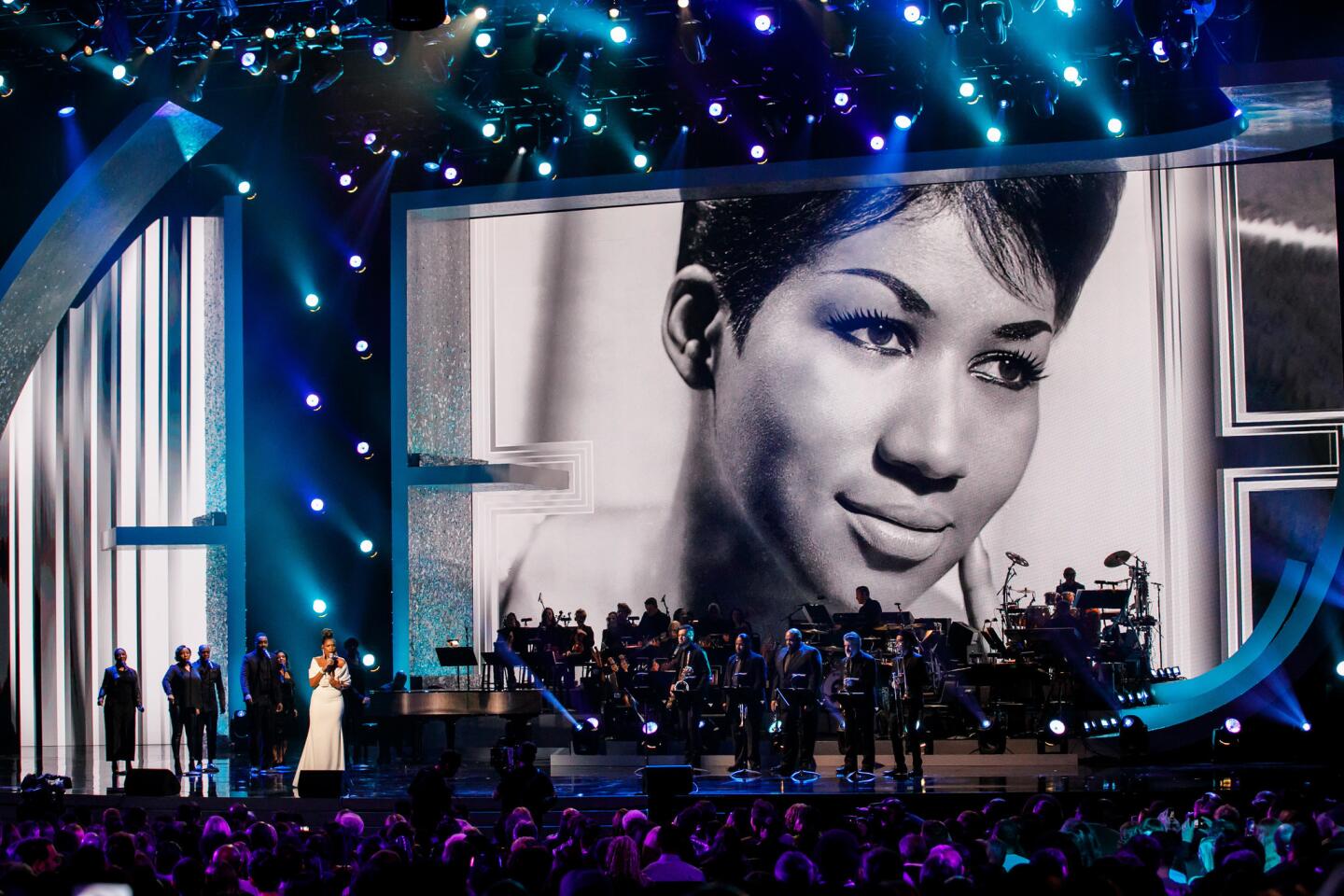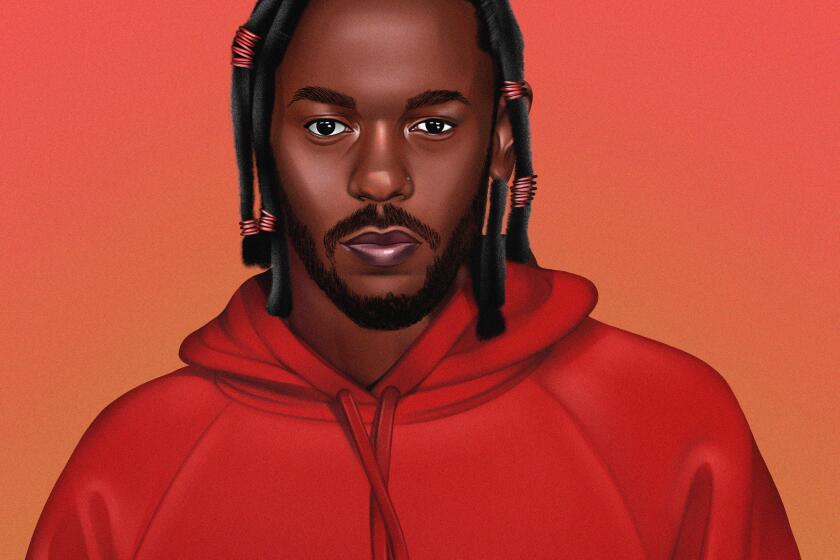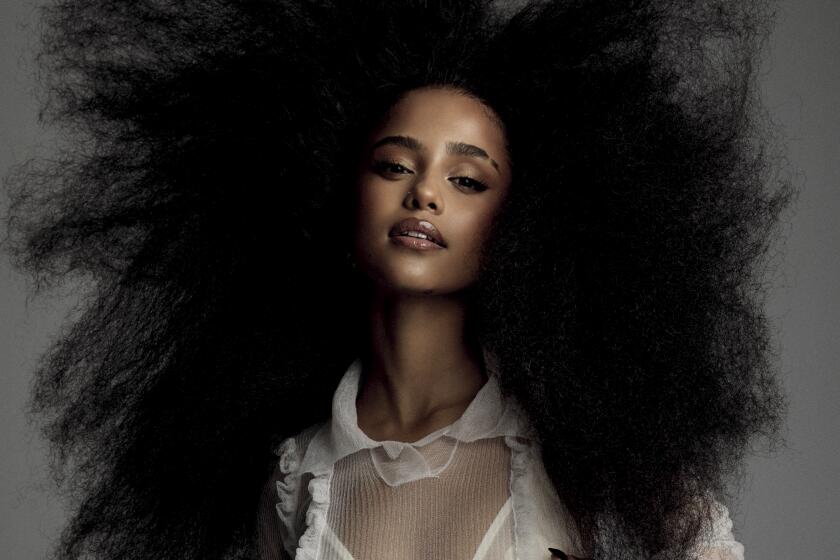‘Aretha: A Grammy Celebration for the Queen of Soul’ special helped Clive Davis process Franklin’s death
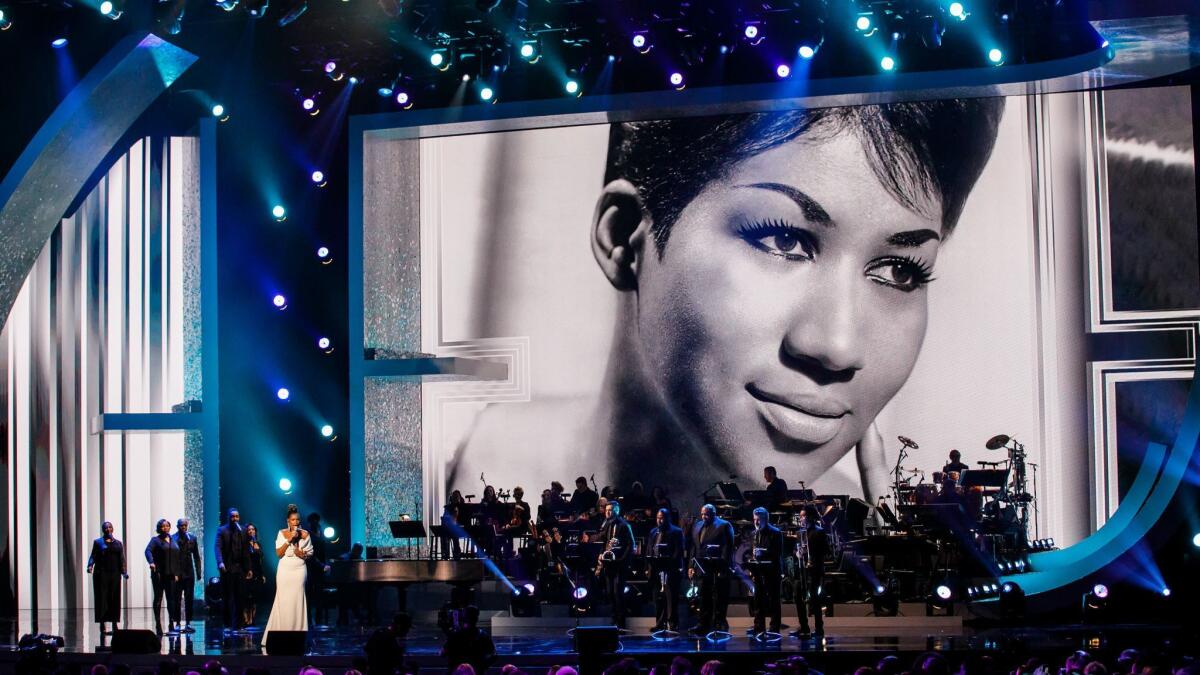
With all the adulation legitimately directed toward Aretha Franklin since her death last year at 76, it’s easy to forget that there were low points in her extraordinary career, even though they were far overshadowed by the high points.
In the mid-1970s, however, there was a time when it appeared that pop music had bypassed the woman who had been crowned the Queen of Soul for her exceptional recordings and concert performances in the 1960s.
After reaching No. 3 on the Billboard Hot 100 singles chart with her 1973 hit “Until You Come Back to Me (That’s What I’m Gonna Do),” Franklin’s name fell out of the upper reaches of that chart to the point where the best she could do five years later was No. 103 with the single “Almighty Fire (Woman of the Future).”
By that time, Franklin appeared to be headed into the ranks of women of the past. That’s when she put in a call to music mogul Clive Davis.
“I met her back in 1979 when it was after she was already the Queen of Soul,” Davis told The Times recently. “I mean, she was already a national treasure.
“But the last two albums that she had done after her incredible partnership with [veteran Atlantic Records producer] Jerry Wexler — with all the classic, wonderful records, they made together — she was no longer working with Jerry, and she had done two albums that had not done great,” he recalled. “Her contract with Atlantic was coming to a close, and that’s when she called me.”
Davis at the time was in the process of building a new label, Arista Records, which he started in 1974 after being fired from his post as an executive at Columbia Records. Out of the gate Arista scored monster hit singles by Barry Manilow, and Davis also made prestige signings of revered English rock band the Kinks, rising punk-poet Patti Smith, the Grateful Dead and also helped revitalize pop-R&B singer Dionne Warwick’s career.
But he thought Franklin would add the kind of star power he needed to compete with the dominant major labels of the time, and he felt that Franklin’s artistry was still viable, if she were paired with the right songs.
“Aretha had noticed that Dionne had a huge comeback [in 1979] with ‘I’ll Never Love This Way Again’ and ‘Déjà Vu,’ both of which won Grammys and she sold platinum or multiple platinum,” Davis said. “Aretha had seen that and she was looking for a new collaborator.”
Aretha Franklin dies at 76: Remembering the Queen of Soul »
Long story short, Franklin joined Arista and soon started moving back up the pop and R&B charts with hits including “Freeway of Love,” “Who’s Zoomin’ Who,” “Sisters Are Doin’ It for Themselves” (her duet with then red-hot Eurythmics singer Annie Lennox) and “I Knew You Were Waiting (For Me)” in tandem with George Michael. The latter gave Franklin only the second No. 1 Billboard Hot 100 hit of her career, two decades after “Respect” in 1967.
Davis said they not only forged a successful professional collaboration during her years with Arista, but also a close friendship. During her time living on the West Coast in Encino, she would periodically invite Davis to her home and cook dinner for him.
That’s the backdrop to his role in helping organize Sunday’s all-star tribute, “Aretha! A Grammy Celebration for the Queen of Soul” airing on CBS-TV and overseen by veteran Grammy Awards telecast executive producer Ken Ehrlich.
The talent lineup for the show includes Jennifer Hudson, Alicia Keys, Kelly Clarkson, Celine Dion, Patti LaBelle, Janelle Monae, Yolanda Adams, Shirley Caesar, Alessia Cara, BeBe Winans, SZA, Chloe and Halle and male artists as well: John Legend, Common and Rob Thomas. The host is actor, comedian and filmmaker Tyler Perry.
Davis confessed that it was difficult for him setting foot in the Shrine Auditorium in Los Angeles for the taping of the show a few weeks before the 2019 Grammy Awards.
“This [concept for an all-star salute] came up when Aretha was healthy, and so I called her to get her permission,” Davis said. “She was thrilled with the idea of artists performing her classics in a live setting. She and I had several conversations before I learned of the serious battle [with illness] that she would be facing.”
“So it certainly was with mixed emotion that I approached the Shrine when the concert was actually taking place,” he said.
Ultimately, however, Davis said “These were really unique performances…. Aretha would have loved to this show. We really did her proud.”
Follow @RandyLewis2 on Twitter.com
For Classic Rock coverage, join us on Facebook
More to Read
The biggest entertainment stories
Get our big stories about Hollywood, film, television, music, arts, culture and more right in your inbox as soon as they publish.
You may occasionally receive promotional content from the Los Angeles Times.
